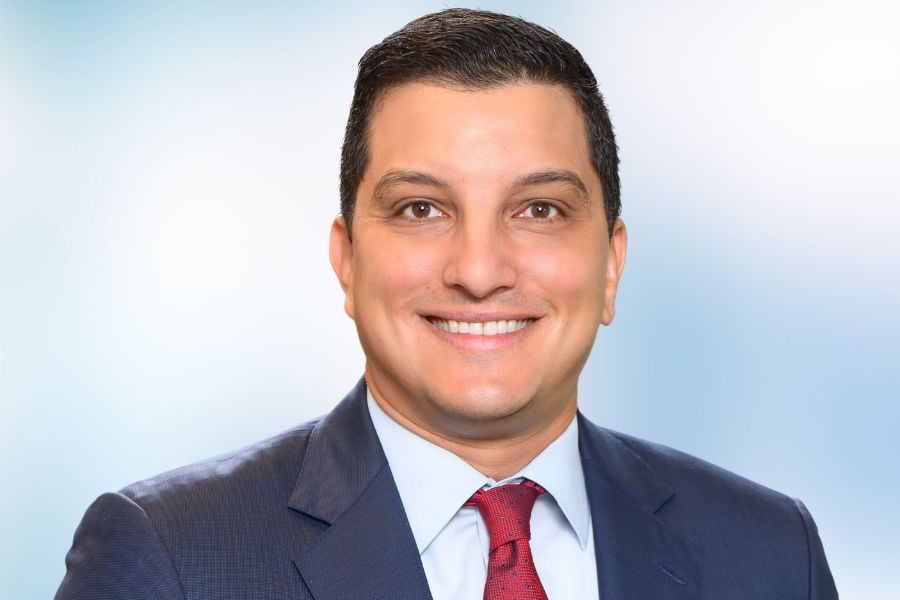

Paul Reilly, who replaced Tom James as CEO of Raymond James Financial Inc. in 2009, is stepping down sometime next year and will be replaced by the firm's current chief financial officer, Paul Shoukry. Shoukry, a 14-year veteran of the firm, will become president of the firm effective immediately.
According to the company, once the succession process is complete, Shoukry will be only the fourth chief executive in the company’s history, and current chair and CEO Reilly will remain on the board as executive chair. Shoukry will retain his current responsibilities until he transitions to the CEO role.
Under Reilly, Raymond James has grown to work with 8,710 financial advisors in various business lines and seen its stock price increase almost 10-fold, closing at $122.19 per share on Tuesday, a new 52-week high.
As part of the firm’s succession plan, Raymond James is announcing other key leadership changes and appointments.
Jeff Dowdle, the chief operating officer, has announced that he will be retiring and stepping down from the COO role at the end of the fiscal year this October.
As part of this change, Raymond James Financial private client group President Scott Curtis will become COO of Raymond James Financial, current Raymond James & Associates CEO Tash Elwyn will become president of the private client group, and global equities and investment banking president Jim Bunn will become president of the capital markets segment.
These changes will also be effective this October, at which time Dowdle will be named vice chair and serve in an advisory role to facilitate a smooth transition.

Integrated Partners is adding a mother-son tandem to its network in Missouri as Kestra onboards a father-son advisor duo from UBS.

Futures indicate stocks will build on Tuesday's rally.

Cost of living still tops concerns about negative impacts on personal finances

Financial advisors remain vital allies even as DIY investing grows

A trade deal would mean significant cut in tariffs but 'it wont be zero'.
RIAs face rising regulatory pressure in 2025. Forward-looking firms are responding with embedded technology, not more paperwork.
As inheritances are set to reshape client portfolios and next-gen heirs demand digital-first experiences, firms are retooling their wealth tech stacks and succession models in real time.
